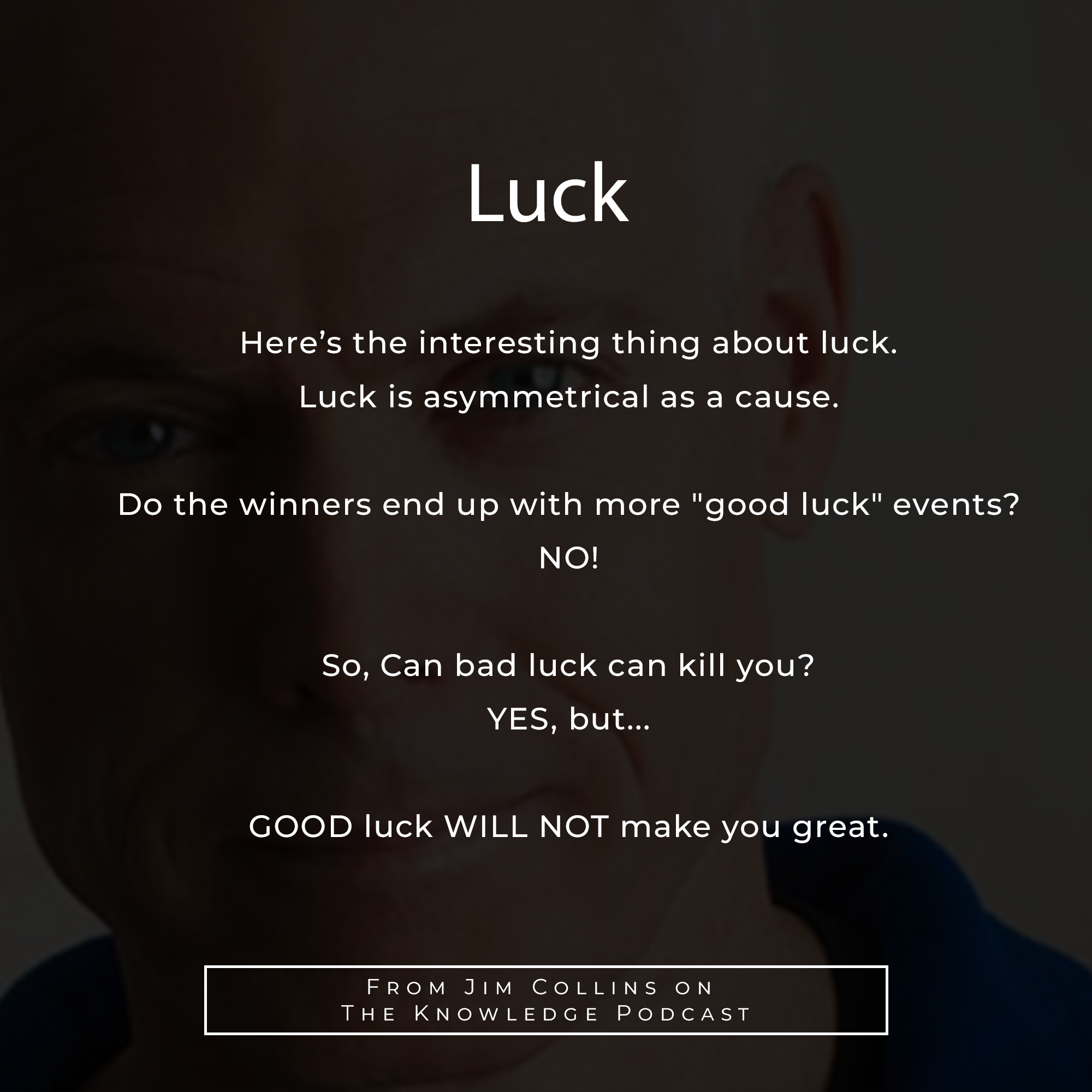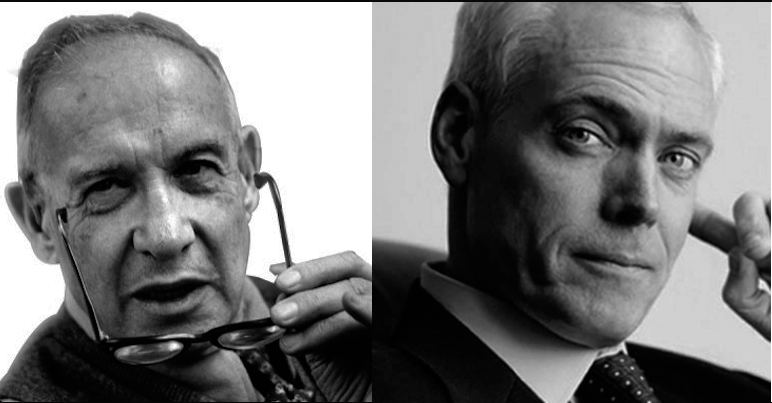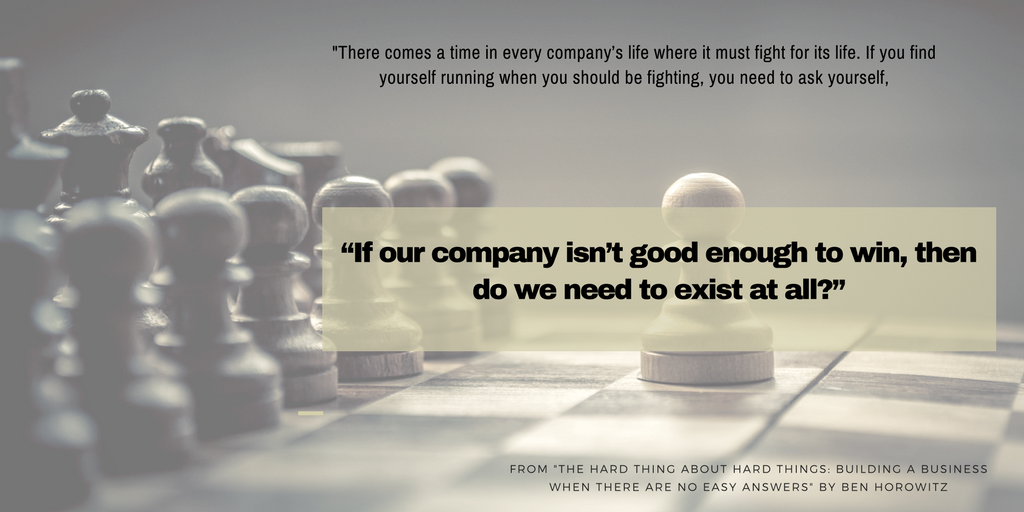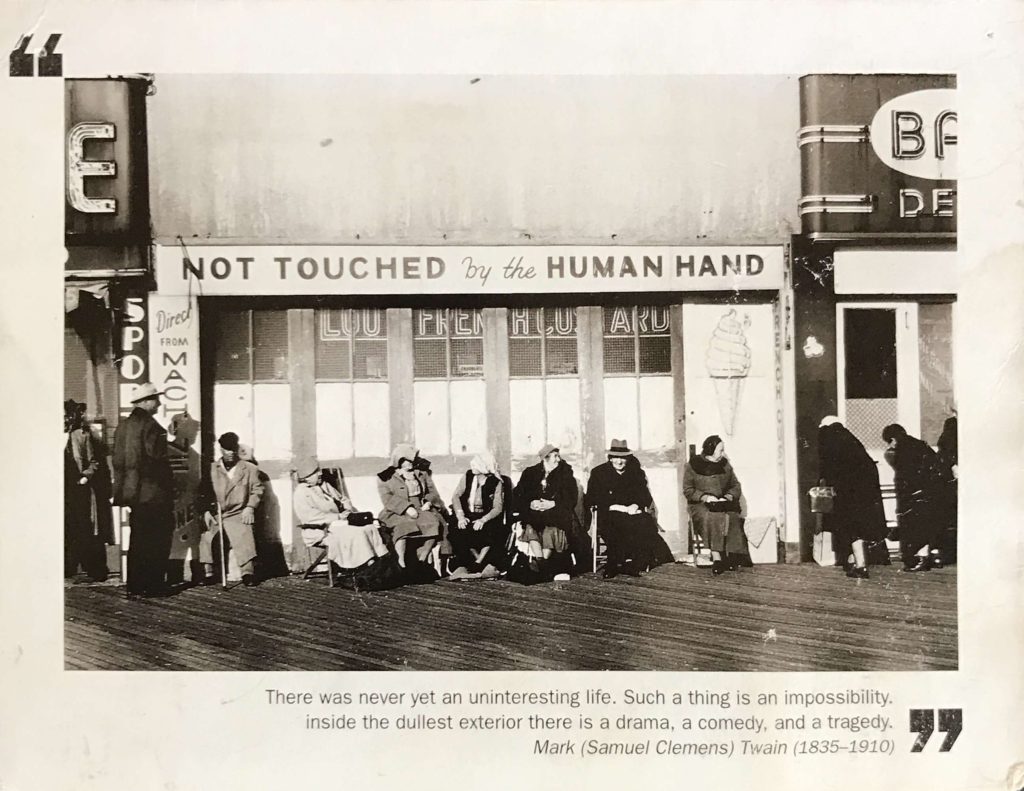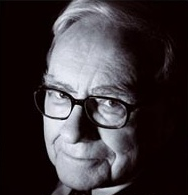 Because he would have never given a company like Solyndra $1/2 Billion. Why wouldn’t he? Because it is HIS money.
Because he would have never given a company like Solyndra $1/2 Billion. Why wouldn’t he? Because it is HIS money.
The government has an inherent problem with managing other people’s money, and that is it is other people’s money – or more importantly NOT THEIR MONEY.
The is nothing wrong with what many in Washington want to accomplish. Nothing at all. The only issue most have, is that their methods aren’t very effective – or effective at all in some cases.
Warren Buffett may have an interest in “green jobs” too. The difference is that Warren Buffett is going to insist that the company that wants to create good green jobs and wants his money to do it – has a pretty good chance of success. Because it isn’t going to matter what good intention or story the company may have had to begin with. The only thing that will matter in creating real jobs and real green energy will be success.
For sure, Buffett would have passed on Solyndra. But, would we he have kept that money for himself? NO! That isn’t what he does. Buffett would have found another Solyndra. One that had a better business model and one that in the end – would have created real jobs around a real business.
That is the tragedy in all of this – Buffett wanting to send his money to Washington and have it go to more Solyndra’s. Most people with common sense would see money in Buffett’s hands is just way more productive.
Who knows if Buffett is smarter than the guys in Washington – probably. But that isn’t the point. The point is that it doesn’t matter. Some in Washington were actually very smart with regards to Solyndra. They pin pointed the exact month that Solyndra would fail. They did their due diligence just like any private sector Venture Capitalist would have done. The problem was that the guy or guys at the top had other (political) reasons for throwing $1/2 Billion at a company like Solyndra. Politics has never been able to pick winners and losers in the private sector and has never been able to create real jobs. Never has – Never will.
The guys at the top in the private sector, for the most part, only win when they are right. That is how they make money – long lasting money. The truth is that it is hard to create long lasting money without creating long lasting jobs. We’re not talking about the crooks and those that are making money by beating the system. We are talking about 95% of the private sector that just shows up each day, puts in a hard days work and wins slowly over a long period of time. Those are the ones (the businesses) that get Buffett’s money.
While the private sector only wins when it is right – politicians have the luxury of wining when they can convince people they are right. They don’t have to actually BE RIGHT, they just have to SOUND RIGHT.
In nobody’s world is that a good system.
So we should hope that when the next Facebook or Amazon is out there looking for money to start their new idea, the money they need is in Buffettt’s hands and not Washington’s.
If creating real meaningful jobs and a growing economy is really the goal – let’s keep the money with the guys that know what to do with it. On this one – the smart money has to be on Buffett.
Sorry Warren – you’re right, even when you are wrong.
